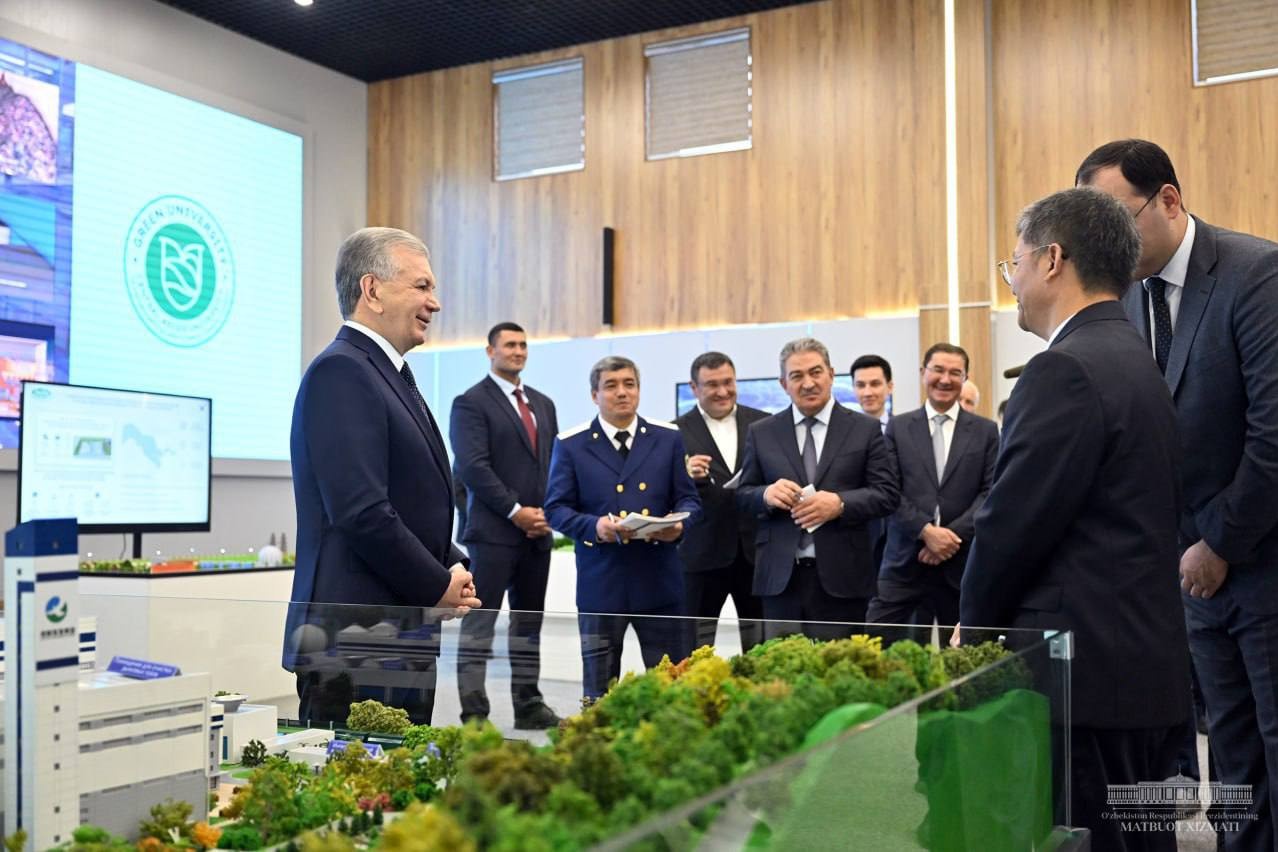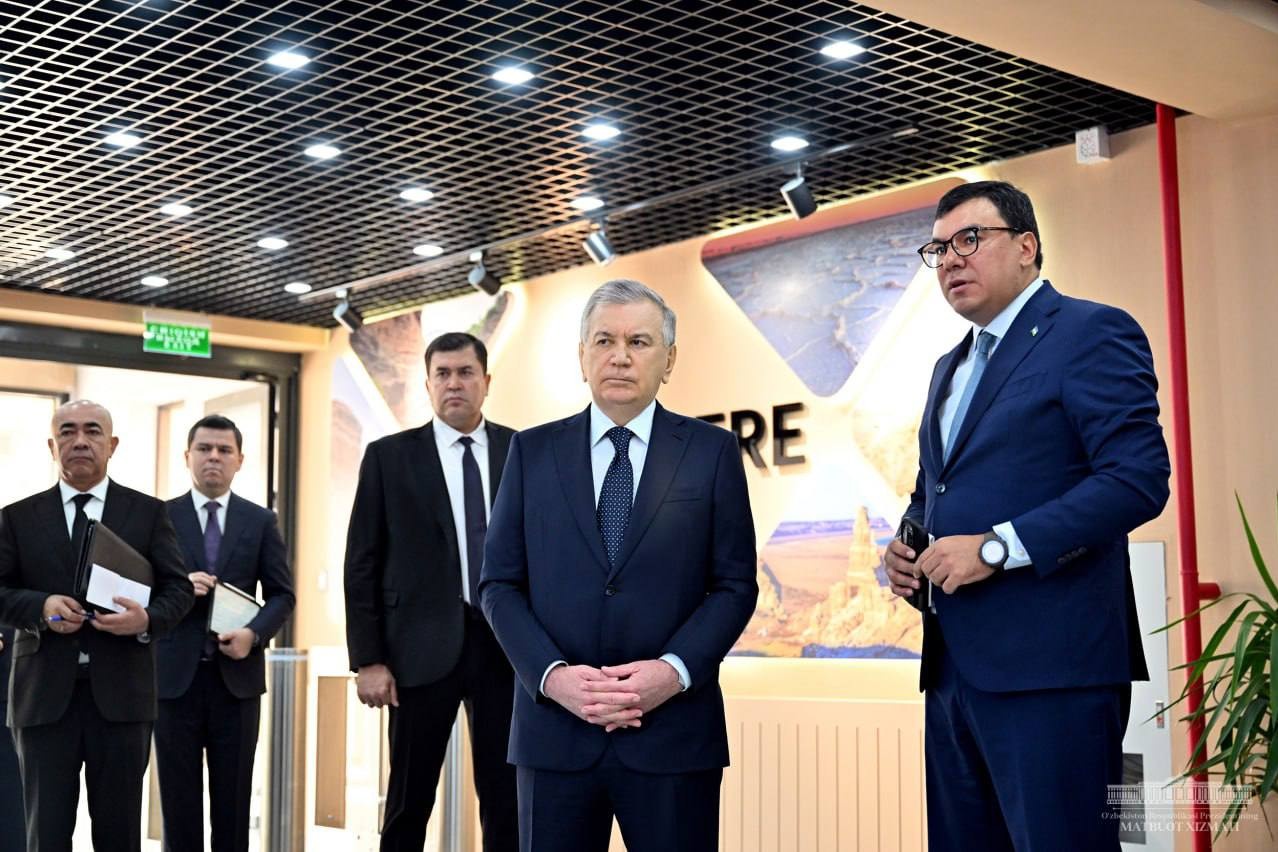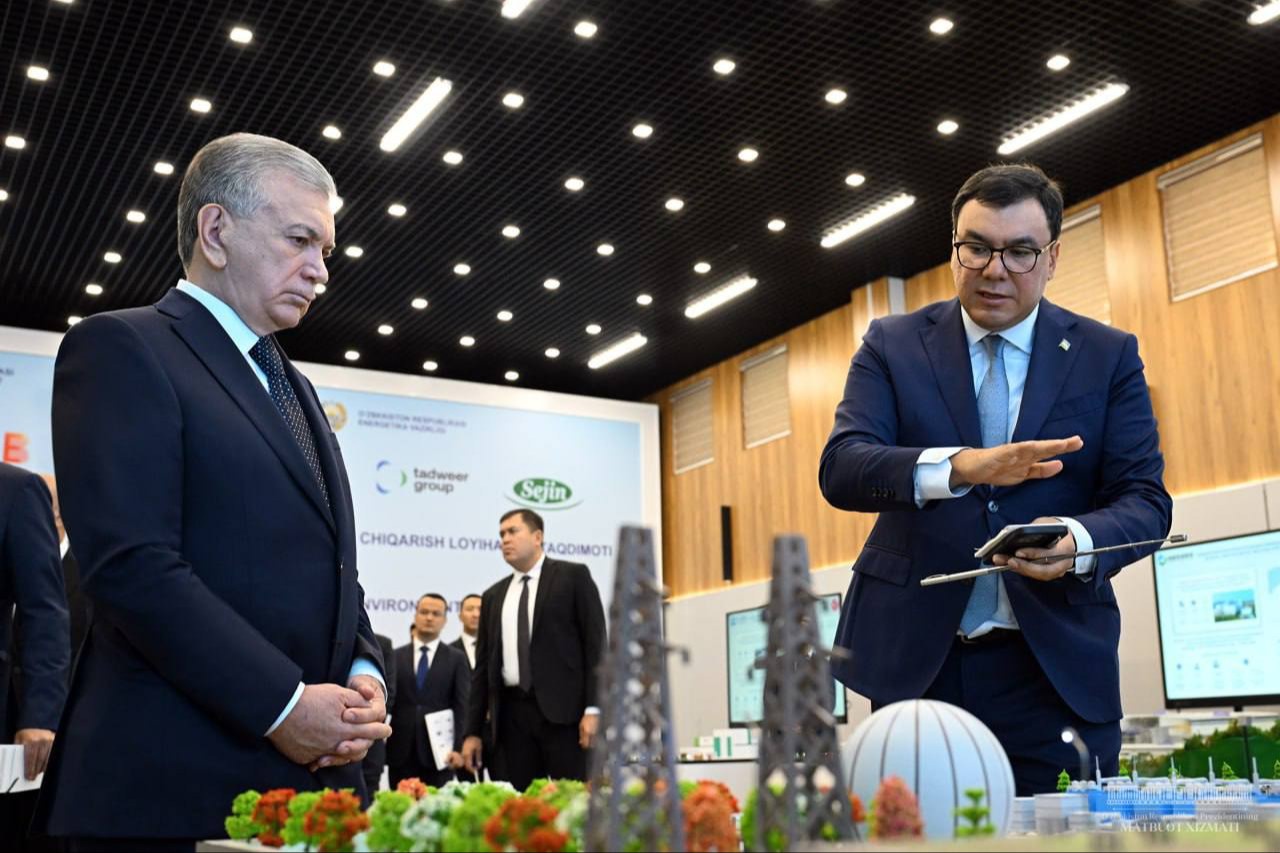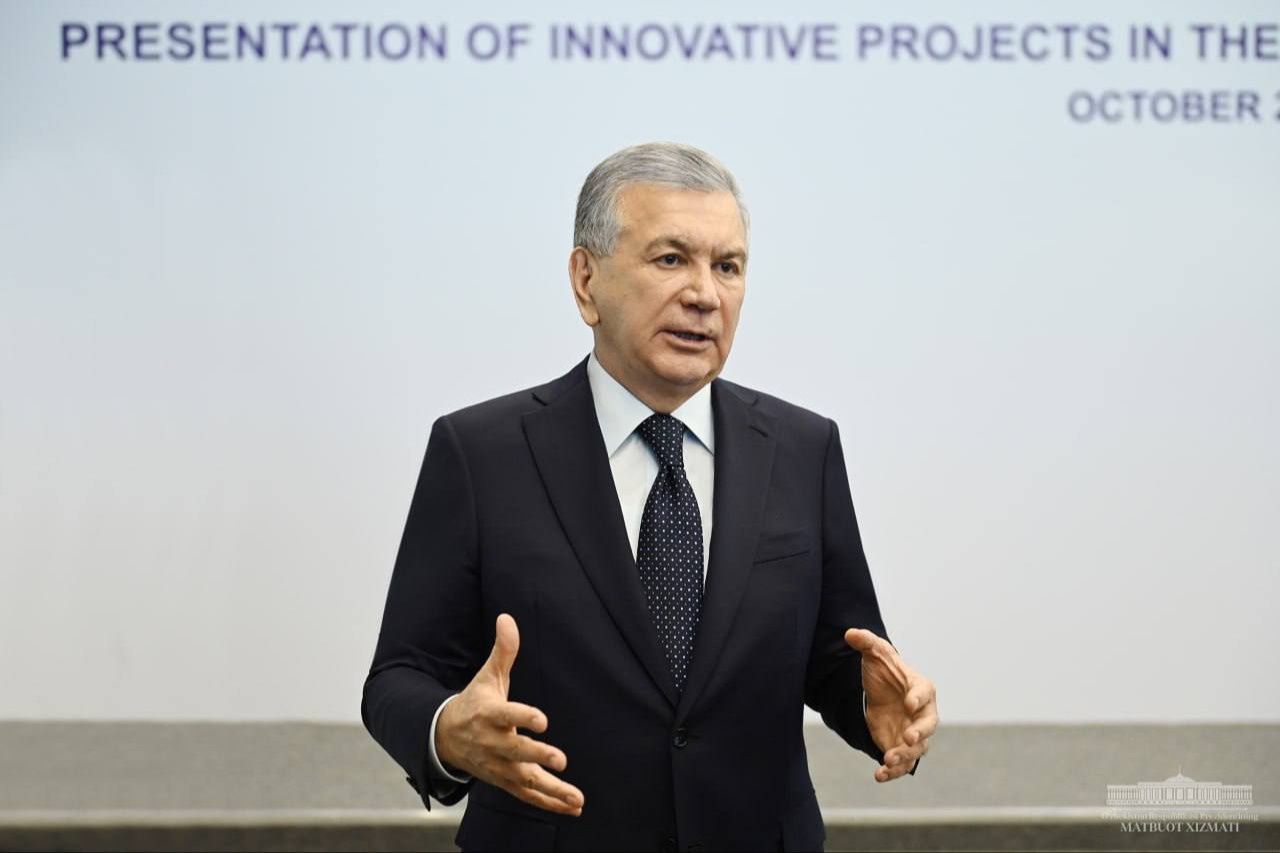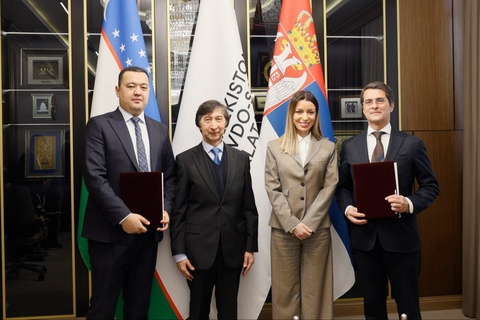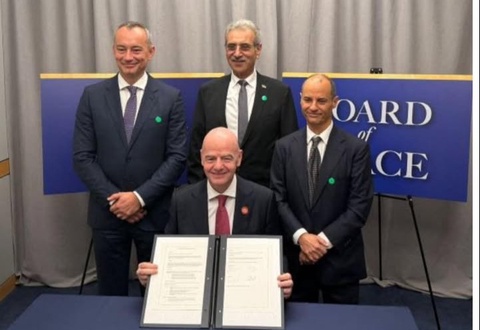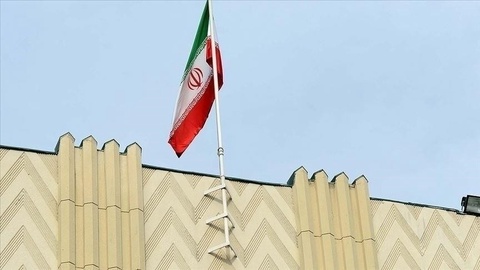Uzbekistan generates 14 million tons of waste annually. However, only 4-5 percent of it is recycled. Over 7 million tons of greenhouse gases and 43 thousand tons of toxic leachates generated at waste landfills are emitted into the atmosphere and penetrates the soil.
By recycling waste, it is possible to both reduce its impact on nature and make a profit. To this end, the Ministry of Ecology, Environmental Protection and Climate Change, together with foreign investors, has developed several projects. It is planned to build 8 waste incineration plants and process landfill gas at Akhangaran landfill, investing about 1 billion 300 million dollars.
For example, two plants will be built in Andijan and Tashkent regions due to direct investments of 350 million dollars by the Chinese company CAMC Engineering. They will process 4,000 tons of waste per day and generate 630 million kilowatt-hours of electricity per year.
Another Chinese company, Shanghai SUS Environment, has also shown interest in this area. It plans to invest $310 million in direct investment and build two plants in Samarkand and Kashkadarya regions. The plants will process 3,000 tons of waste per day and generate 480 million kilowatt-hours of electricity per year.
One plant for Bukhara and Navoi regions will be built at the expense of $200 million from the Tadweer Group of the United Arab Emirates. Capacities will be created to process 1.5 thousand tons of waste per day and produce 363 million kilowatt-hours of electricity per year.
The project, with the participation of Sejin of the Republic of Korea, is also important. It envisages the establishment of electricity generation from gas generated at a landfill in Akhangaran district of Tashkent region with the involvement of $55 million. The plant’s capacity is expected to be 16 megawatts.
In general, the projects’ implementation will ensure the rational use of solid municipal waste. Over 4.7 million tons of waste will be burned annually, and 2 billion 100 million kilowatt-hours of electricity worth 97 million dollars will be generated. This will also save 152 million cubic meters of natural gas and reduce greenhouse gas emissions by 2.4 million tons. 1.2 thousand new jobs will be created.
The projects are planned to be implemented in 2025-2027 in Andijan, Bukhara, Jizzakh, Kashkadarya, Navoi, Namangan, Samarkand, Syrdarya, Fergana, Tashkent regions and the city of Tashkent.
The Head of state emphasized the social significance of projects.
“These are not just factories, but one of the fateful issues. The suitability of our lands and waters, the health of the population, the cleanliness of the air, and the stability of the energy sector depend on this area. If waste is collected correctly and recycled more, the ecological balance will improve, nature will become cleaner, and society will change”, Shavkat Mirziyoyev emphasized.
In this regard, responsible persons have been instructed to make these projects exemplary and increase their number in the regions.
Now, investors and manufacturers primarily consider the energy supply of their enterprises. Therefore, it is advisable to locate new enterprises of building materials and organic fertilizers near waste processing plants. This will benefit both the entrepreneur and the investor.
The task has been set to develop a roadmap for increasing the number and balanced development of such projects in all regions.
This area is consistently improving in Uzbekistan. On September 26 this year, the President of the Republic of Uzbekistan issued a decree creating the Agency for Waste Management and Circular Economy Development.
The agency will implement modern methods of collecting, sorting, neutralizing, processing, burning, recycling, and destroying waste. The development of the circular economy will stabilize the environmental situation, improve sanitary conditions, and reduce the incidence of dangerous diseases. Waste will provide alternative energy, raw materials, and organic fertilizers. Eco-industrial zones will be created on the territory of waste landfills.


